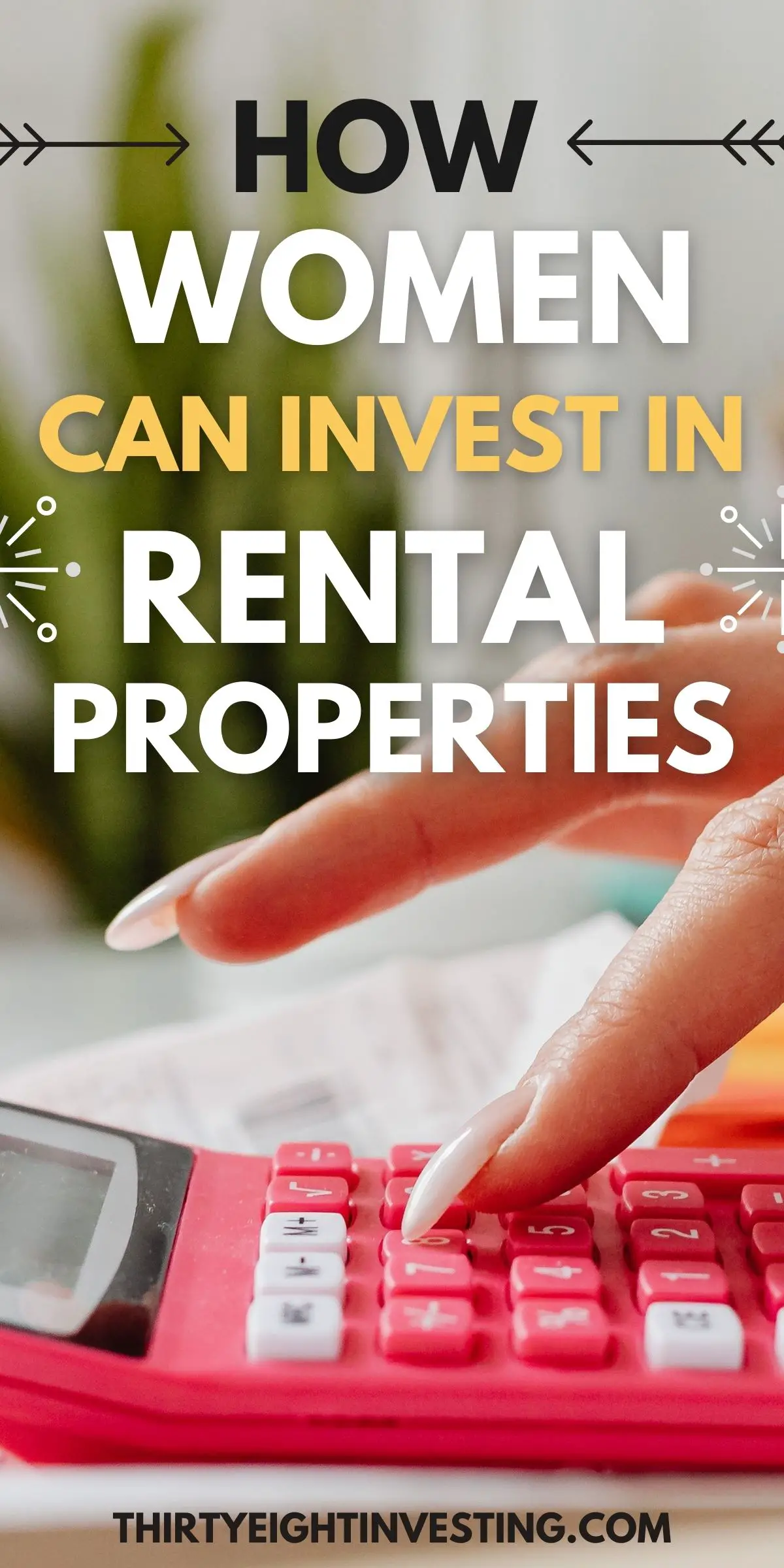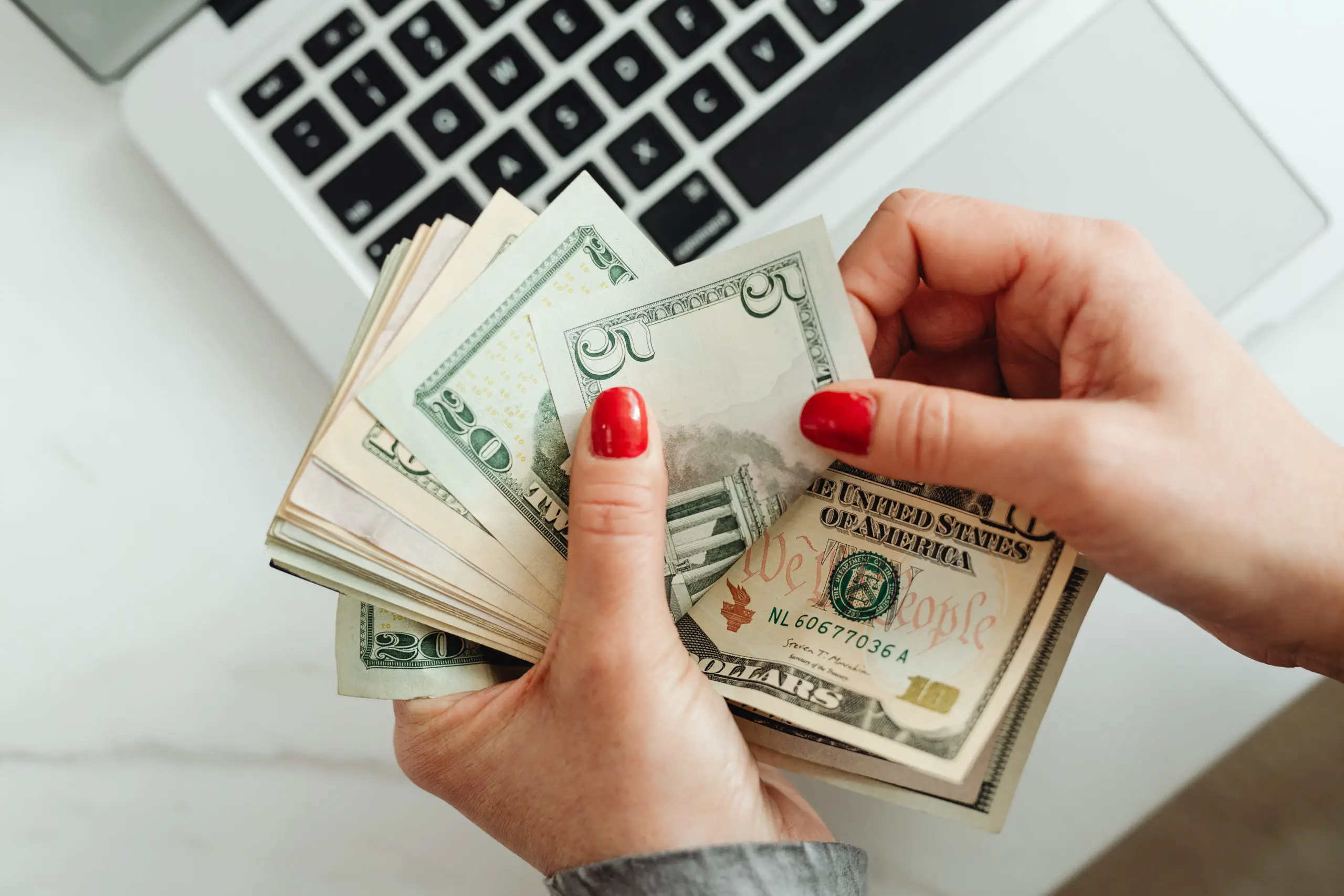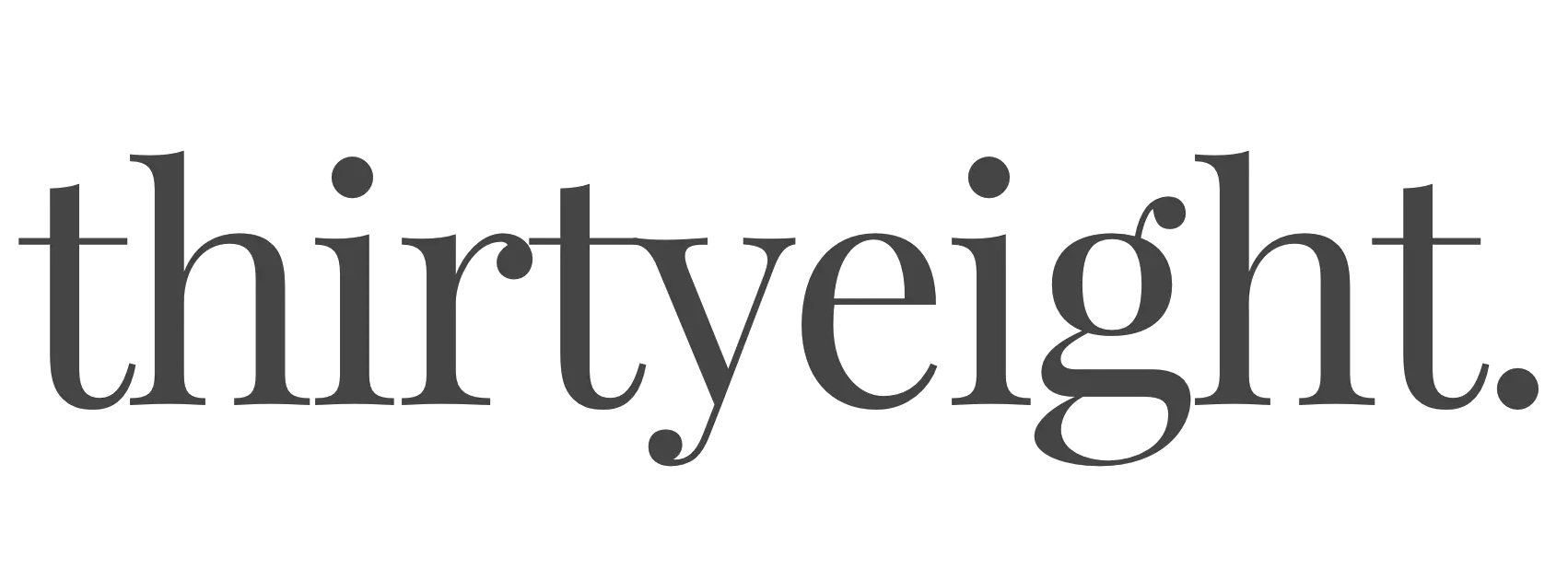Thanks to Katelyn from heyyoufinance.com for this guest post! Be sure to check out more details about her blog below the article!
Women in Rental Investing
Women in rental investing is not common. Additionally, young female rental investors are very hard to come by!
Katelyn, the author of this post, has provided a fun insider’s perspective about how any woman can get into rental investing – and be successful!
But, not just that! This article is a great example for women of how a female can buy a property in her teens! It’s an incredible story that you won’t want to miss!
Young women can begin rental investing by reducing debt, making smart money moves, and getting hands-on experience!

Buying A Rental Property at 19
I bought my first rental property at 19, and paid it off at 23!
Yes, you read that correctly. I bought my first rental property, a duplex, at the age of 19.
19 and a half if you want to get technical.
I closed on the property on April 30, 2015. I was roughly 11 months out of high school.
A little less than four years later, in December 2018, I PAID OFF MY FIRST RENTAL PROPERTY.
I felt so accomplished!
I had just turned 23 a couple months earlier.
Are you wondering how I did it?
I can’t wait to tell you – because I want to be your motivator! Any young woman can become a rental investor, and I’m proof of it!
This obviously isn’t the path that most young adults take right after high school, but I want to tell you this story so that you feel confident following any path that you feel lead to.
Society, peers, and parents can often make us feel like the only thing to do after high school is to find a college that we want to spend the next four years at to learn something that we want to do for the next 40+ years.
Well, I’m telling you that this is not your only option!
It’s definitely not the option that I settled for. Instead, I decided to start investing ASAP. I bought my first rental property.
age of first property
Behind-the-Scenes to Rental Property Investing
Let me start from the very beginning….
My parents had multiple rental properties while I was growing up, so rentals were not a foreign subject to me.
I was exposed to them at a young age. Unknowingly at the time, I was learning about rental properties subconsciously. I would hear my mom and my dad talk about this or talk about that relating to the properties.
Maybe it would be an appliance that needed repaired or maybe a tenant was moving out of one of the units.
The phone could ring at any hour of the evening and it would be a tenant with a question or concern that needed addressed. I might have been watching TV in the living room on the couch, but my subconscious was picking up on the conversation in the background.
In addition to the verbal communications, I also got to tag along to the property showings.
(When a unit becomes vacant, the landlord will show the property to perspective tenants.)
It was another learning experience that I didn’t even realize at the time.
I thought that I was just going along with my dad to yet another showing, but really I was learning how to communicate with a potential tenant, what kind of questions to ask, and what kind of information to share about the property.
My parent’s properties were just their “norm” to me. The thought of owning my own rental(s) had never really crossed my mind.
In November 2013, as a senior in high school, I got a job at a small CPA firm in my small town.
I was taking a basic accounting class in high school that came very naturally to me & I enjoyed it, so I was thrilled to get a job in the field. A few months later was tax season and I started to learn how to prepare tax returns.
Yes, as a senior in high school, I was preparing tax returns.
Most people my age didn’t even know what taxes were! Honestly, I didn’t know much either. I learned everything that I needed to know while on the job.
Nothing beats hands on experience – if you take nothing else away from this post, remember that.
I graduated from high school in May 2014 and started working for the CPA full time.
Going away to a traditional, four-year college just wasn’t for me. I could’ve if I wanted to. I had the grades, but I was never really one to follow the traditional path. Instead, I enrolled in a two-year community college (to study accounting) that was 20 minutes away from my parent’s house.
It definitely wasn’t the “normal” thing to do. My peers didn’t really understand my decision.
Fortunately, I didn’t feel the societal pressure of going away to college and my parents were supportive of my decision. As part of my compensation, I received tuition reimbursement from my CPA employer at the time.
Since I was responsible for paying for my own schooling, this saved me a little over $6,000.
Yes, that was the cost of tuition for my ENTIRE Associate’s Degree. (I had a few scholarships and credits that carried forward from high school.) With book rental and other misc. fees, I was all in for about $10,000.
I scheduled all of my college courses for either the evening or online, except for a Wednesday afternoon and a Thursday morning class during my first semester, so that I could continue to work as many hours as I could and keep earning a paycheck.
I spent my days learning all sorts of valuable lessons. In fact, I learned way more at work than I did at school.
Remember how I told you nothing beats hands on experience? I meant it. I was gaining experience in all things payroll, bookkeeping, taxes, and so on…
One of the most valuable things I learned was how payroll taxes are calculated. If you’re interested in how to better understand your paycheck, check out my related blog post: How To Understand Your Paycheck
It was my exposure to all of these things that helped me to better understand personal finance, how taxes worked, and what owning your own business (that includes rentals) could do for you.

How I Bought My First Rental Property
In April 2015, I bought my first rental property, a side-by-side duplex.
Rental properties are highly sought after in my area and they can be hard to come by.
Everyone wants a piece of the pie, you know.
My dad informed me of the property and soon after I was making an offer. The sellers and I (through the realtor) agreed on a purchase price of $141,000.00.
I’m located in Southern Indiana as a reference for real estate prices.
Using my life savings plus what I had earned by working the 11 months post high school, I made a $21,000 down payment on the property (roughly 15%). I borrowed the rest: $120,000 loan at 4.25% interest over 20 years.
20 years is often the longest term you can take on a commercial loan. My payment was $746.87 a month.
I did it. As a woman, I bought my first rental property at 19!
To top it off, both sides of the duplex were already rented out. Fortunately for me, I could start collecting rent right away and I didn’t have to search for tenants.
I went on to introduce myself to the renters as their new landlord, wrote up my own lease for them to sign, and started making my monthly payments. After a few months into the loan, I created an amortization schedule to track my payments.
I had learned about amortization schedules while working for the CPA.
An amortization schedule is essentially a table that shows you how each of your monthly loan payments is applied to principal and interest.
You can make extra payments towards your principal balance to save yourself interest and cut time off the length of your loan.
When I started crunching my own numbers specific to my loan, I quickly realized how much money I could save by paying off the loan early.
This became a major motivator for me.
True Story: I saved close to $50,000 by paying my loan off early.
Amazing, right?
If you’re interested in learning how you can pay your house off early and pay less in interest, be sure to check out my post that further explains the benefits of an amortization schedule: Pay Your House Off Early and Save Money While Doing It
After I bought my first rental property, how did I pay it off at 23?
Since using the amortization schedule to see how an early loan payoff would benefit me, it wasn’t but a few months into the loan that I started dropping thousands of dollars a month toward the principal balance.
Thousands of dollars a month sounds like a lot for an early twenty-something doesn’t it?

Earning Money From The Rental Investment
Let me tell you how I did it…
I was collecting $1,100 in rental income each month.
With all of the costs I incurred from the property (mortgage, property tax, insurance, repairs & maintenance), I pretty much broke even on my cash flow.
By keeping rentals occupied, the tenants essentially make the payments for you. Everything I earned outside of my rental income was extra that I could put towards the principal loan balance.
You already know that I started working full time right out of high school.
Being able to start earning right away was a major reason that I was able to pay off such a significant asset. In addition to that, I was (and still am) a major saver.
I lived at home with my parents (I moved out before my 23rd birthday). My expenses were so minimal while living at home. As a matter of fact, I didn’t have hardly any!
I filled my car up with gas every few weeks and had a couple hundred dollars of miscellaneous expenses on my credit card each month. That was pretty much it.
Working Full Time + Living At Home = Massive Savings Potential
Yes, I’m fortunate that my parents allowed me to live at home while I started investing, but they encouraged it. Obviously, I wouldn’t encourage you to live at home forever, but it’s ok for a few years while you plan your next move.
After I graduated with my Associate’s Degree, I had my evenings back for a little while. I was desperate to pay off my duplex as quickly as possible, so I picked up a few side hustles.
I started tutoring middle schoolers in math during the evenings Monday through Thursday. It started off with one student, then two, then three. Then, on the weekends, I waitressed Friday and/or Saturday nights.
This was my favorite. I really enjoyed the change of pace from my day job, which was sitting at a desk. I was putting everything towards my loan.
My checking account always carried a very low balance, maybe a few hundred dollars. This was intentional as I knew my money wasn’t going to be earning anything while just sitting in my account.
I was paid weekly and my cash replenished quickly since I was living at home and didn’t have many expenses.
One other *big* thing I feel inclined to mention, I’m still driving my first car that I got at 15 years old. I’m 25 now.
The only reason I want to bring this up is because I feel like the first thing most people do when they start to have some money saved up is buy a new car.
In case you didn’t know, vehicles are a terrible investment.
Obviously you probably need some kind of car, just think your purchase through before committing.
Just because you can afford something, doesn’t mean you have to buy it. If your car runs for you just fine and you don’t have to put a lot of money into repairs, I would suggest hanging on to it as long as you can.
I feel like still having my first car (a 2003 4Runner – which I love) was a big factor in being able to pay off my rental property. Instead of spending tens of thousands of dollars on a new vehicle, I put that money towards my loan.
Now, I could afford almost any vehicle I want and my rental income from that property would cover the loan if I chose to take one out.
Summary
That is how I bought my first rental property at 19… & paid it off at 23!
Everyone’s path after high school will be different. I want to encourage you to do what is best for you.
Blaze your own trail.
Go to college or don’t go to college. Don’t be pressured into going because you feel like you have to. College or not, I would highly recommend that you start making some kind of money as soon as possible.
Save it. Invest it. Don’t be afraid to get a side hustle or two. Even if you don’t feel like you need the extra money, you will appreciate it later.
Maybe one day you’ll be able to say, “I bought my first rental property!”
Katelyn is a 20-something year old trying to crush her biggest goals! Her blog Hey You Finance was created out of her passion for all things Personal Finance: Earning, Saving, Investing, Diversifying, Etc.

